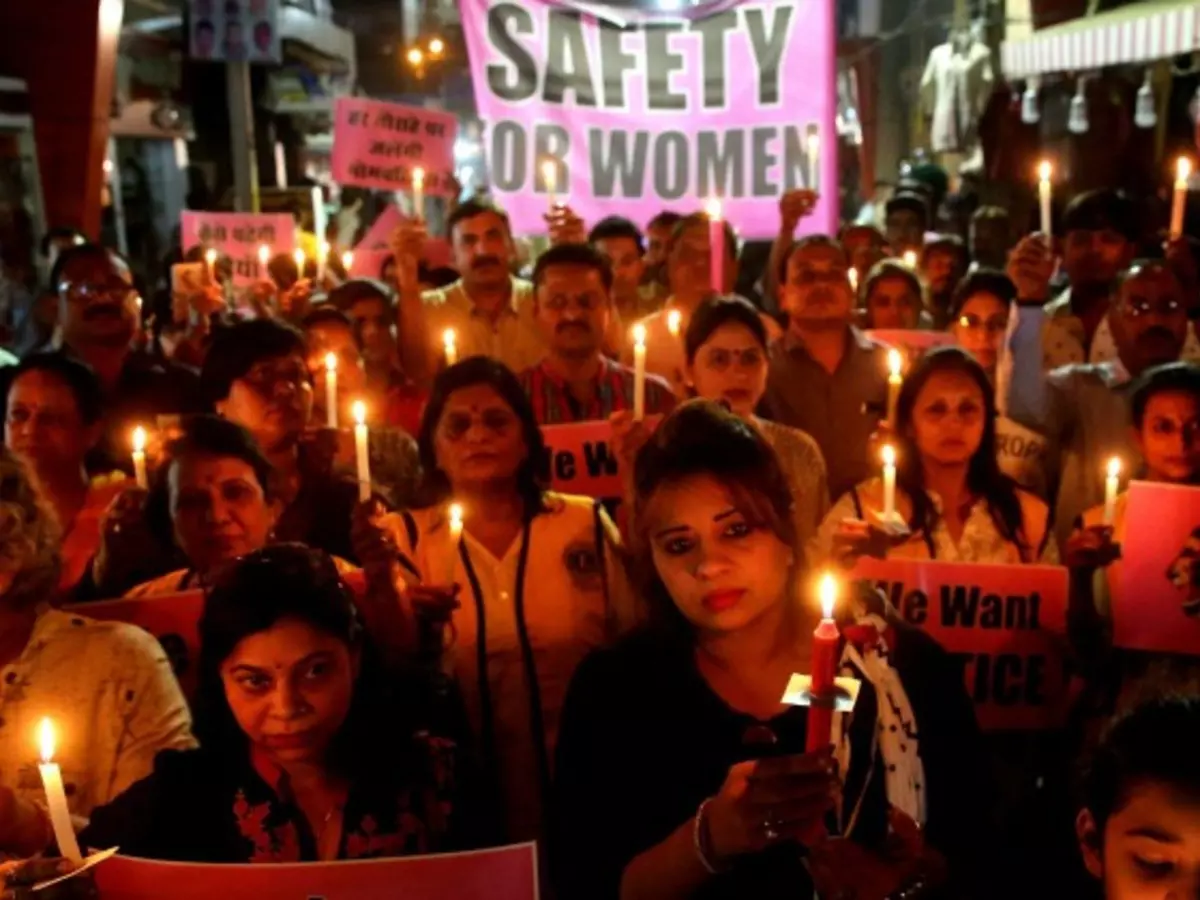Rape Can Be Detected Only Within 96 Hours & Not After 11 Days, As The Case In Hathras
Are UP Police trying to cover up the case?

The Hathras gangrape and murder case has once again revealed the inefficiency of the government and its agencies who have failed to take timely action in the matter.
In its final report on the Hathras victim, the Department of Forensic Medicine of the Aligarh Muslim University¡¯s Jawaharlal Nehru Medical College and Hospital (JNMCH) concluded that there were no signs of rape/vaginal/anal intercourse.
It however added that there was evidence of physical assault -- injuries over the neck and back in this case.
The report stated that the investigation did not find any sperm in the samples.
Delayed examination
It must be noted that the forensic exam was conducted on September 22, eight days after the incident.
The forensic sample - including vaginal swabs - was sent to the forensic laboratory on 25 September, 11 days after the incident.
 PTI
PTI
According to government guidelines, the forensic samples must be collected within 72 hours of the accident. Sperms can't survive after more than 90 hours.
Also, in the dying declaration of the victim, she had clearly mentioned that she was gangraped by the four men.
A dying declaration by a rape victim is admissible evidence in India's courts.
The 19-year-old woman was brutally assaulted on September 14 by four upper caste men when she went to collect fodder with her mother. After her condition deteriorated, she was moved to the Safdarjung Hospital.
She passed away on September 29.
The charges of gangrape were added on September 22 when the girl recorded her statement under Section 164 of Crpc.
 Reuters
Reuters
Initial reports suggested "complete penetration" and ¡°loss of consciousness at the time of the incident¡±, according to a report by Hindustan Times.
The reports now suggest that the forensic report has found no semen or semen excretion in the viscera sample of the victim, and that the death was due to the trauma caused by the assault.
Seven years have passed since India introduced an anti-rape law, after the Nirbhaya case in Delhi, which expanded the definition of rape to include oral sex and penetration with objects. The law also says explicitly that the absence of a physical struggle doesn't equal consent.
